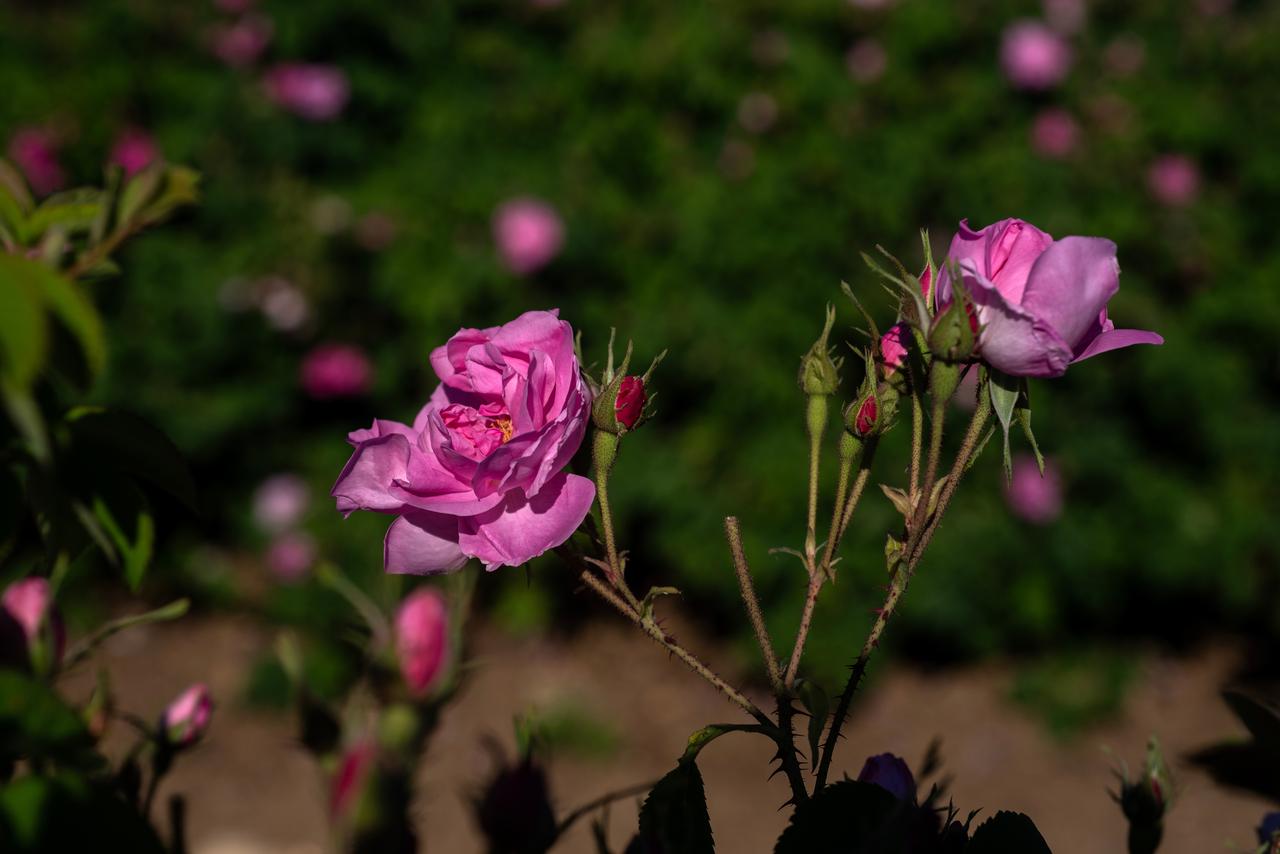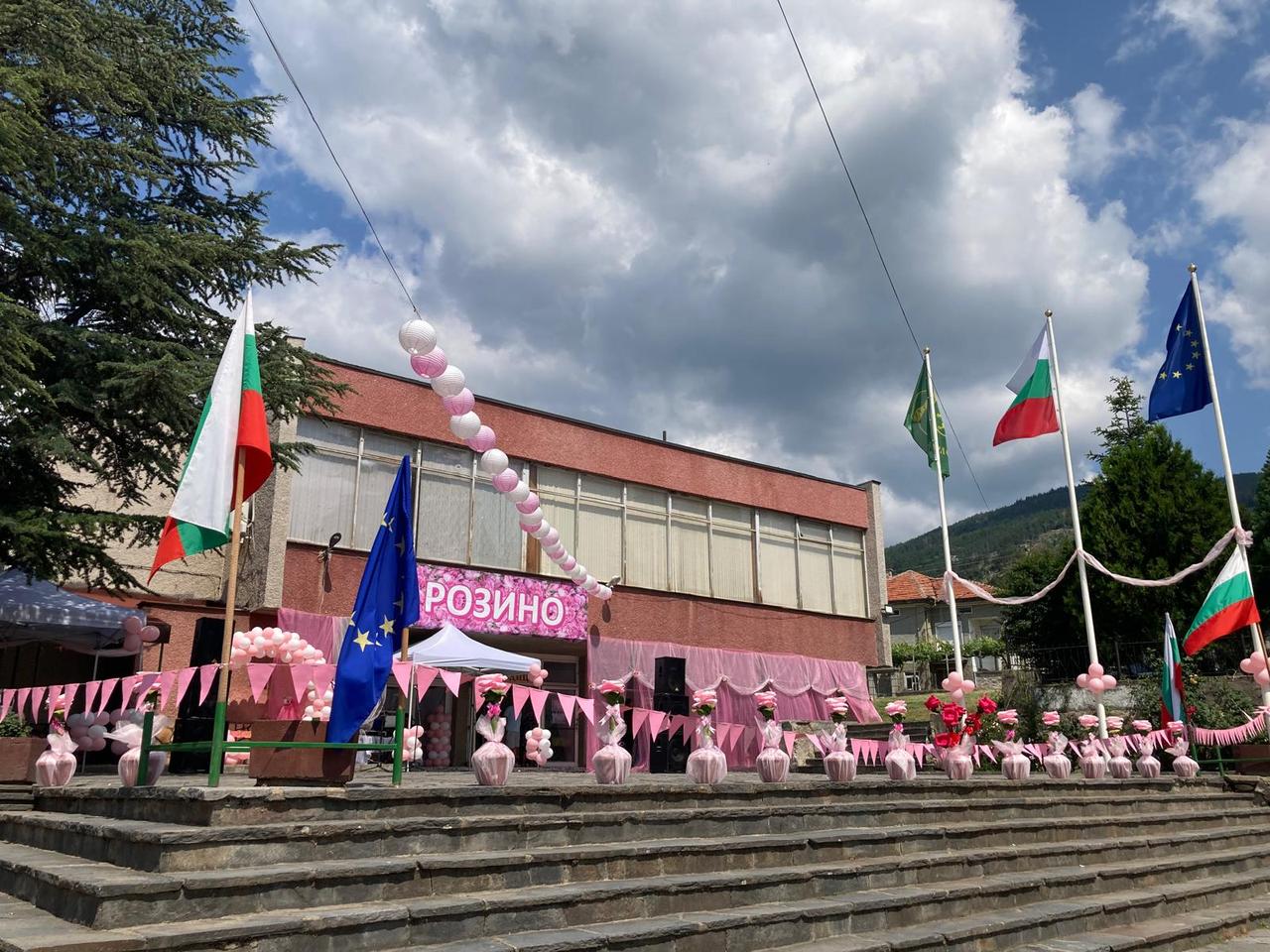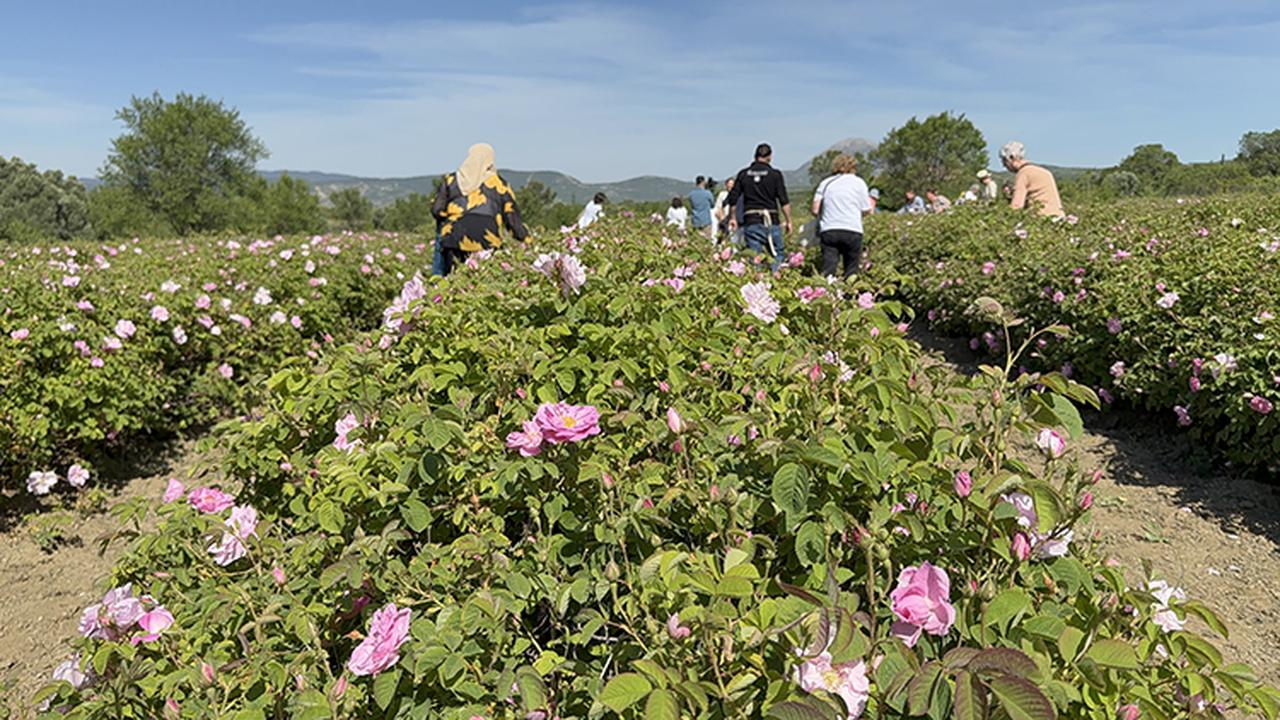
Every spring, as the sun rises over Isparta’s rolling hills, fields awaken with a sea of pink and crimson petals, the delicate blooms of the Damask rose (Rosa damascena).
This flower, known for its enchanting fragrance and prized oil, is more than just a crop in Türkiye; it is a symbol of culture, tradition, and national pride.
But how did this flower, so deeply associated today with Isparta—often called Türkiye’s “City of Roses”—find its way here? The story is one of migration, ingenuity, and a deep connection between Türkiye and its neighbors to the northwest.
The Damask rose is believed to have originated in the Middle East and was cultivated in Persia and the Levant thousands of years ago. However, its cultivation spread widely across the Balkans and the Ottoman Empire.
The Bulgarian region of Kazanlak became world-famous for its rose fields and annual Rose Festival, a tradition that attracts tourists and celebrates centuries of rose culture. Yet, the tale of the rose’s arrival in Türkiye is closely intertwined with this very region.

In the late 19th century, a visionary Ottoman subject named Muftuzade Gulcu Ismail Efendi lived in Kazanlak.
Fascinated by the success and value of rose oil production there, he dreamed of bringing the Damask rose to his ancestral homeland of Isparta in Anatolia.
The challenge was daunting: transporting live rose cuttings across borders and rough terrain was perilous, especially given the fragile nature of the plant.
To protect these precious stems during the journey, İsmail Efendi came up with an ingenious and discreet solution:
He hid the rose cuttings inside his walking cane.
This clever method ensured that the cuttings survived the long trip, shielded from harsh weather and unwanted attention.
Once in Isparta, the roses took root in the region’s favorable climate—cool nights, abundant sunshine, and fertile soils—and began to flourish.
From those initial cuttings planted in the late 1800s, rose cultivation blossomed rapidly. Farmers in Isparta and its surrounding villages embraced the flower, and by the early 20th century, the region had become a center of rose oil production.

The rose oil extracted from the Damask rose is a key ingredient in many perfumes, cosmetics, and traditional medicines.
Türkiye’s rose oil gained international recognition, supplying famous perfumeries in France and beyond.
Today, rose oil production is a major economic driver for Isparta, engaging thousands of families in planting, harvesting, and distilling the roses.
The harvest season, which typically occurs in May and June, is a time of intense activity—workers rise early to pick the fragile petals by hand before the sun becomes too strong, preserving their precious fragrance.
The rose holds a special place in Turkish culture, far beyond its economic importance. In Ottoman poetry, the rose is a symbol of beauty, love, and divine perfection.
Sufi mystics saw the rose as a metaphor for the soul’s journey towards God, its thorns representing worldly trials.

In daily life, rose water is used in Turkish cuisine, especially in desserts like lokum (Turkish delight), and in rituals such as weddings and religious ceremonies.
The annual Rose Festival celebrates not only the flower’s harvest but also its deep roots in the region’s identity. The festival features folk dances, music, and displays of traditional rose oil distillation techniques, drawing locals and visitors alike.
While Isparta’s rose fields are now world-renowned, their story remains linked with the rose culture of Bulgaria’s Kazanlak and other neighboring regions.
The rose is a fragrant thread weaving together diverse peoples and histories, transcending political borders.
Thanks to the ingenuity of a single man who hid rose cuttings in his cane, Türkiye’s “City of Roses” blossomed into a vibrant center of culture, economy, and natural beauty, a fragrant legacy carried across generations and landscapes.